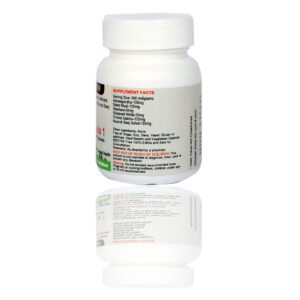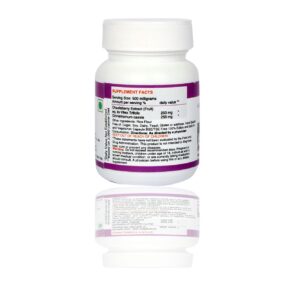Signs and symptoms of PCOD Vary. A diagnosis of PCOD is made when you experience at least two of these signs:
- Irregular periods. Infrequent, irregular or prolonged menstrual cycles are the most common sign of PCOD For example, you might have fewer than nine periods a year, more than 35 days between periods and abnormally heavy periods.
- Excess androgen. Elevated levels of male hormones may result in physical signs, such as excess facial and body hair (hirsutism), and occasionally severe acne and male-pattern baldness.
- Polycystic ovaries. Your ovaries might be enlarged and contain follicles that surround the eggs. As a result, the ovaries might fail to function regularly.
Hormones Tests:
- DHEA-Sulphate (DHEAS)
- Follicular Stimulating Hormone (FSH)
- Luteinising Hormone (LH)
- Prolactin (PRL)
- Thyroid Stimulating Hormone (TSH)
- Insulin-fasting
- Testosterone
Other test includes: Diabetis, Hemogram,









